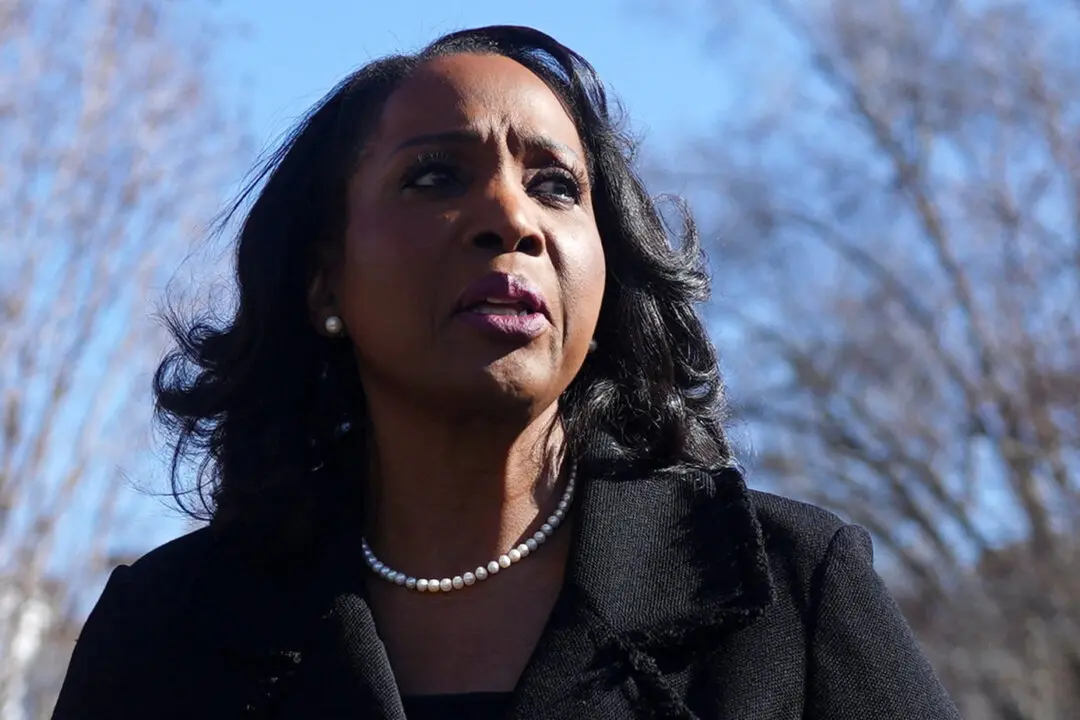WASHINGTON—Mark Zuckerberg, CEO of social media giant Meta Platforms, testified in federal court on April 14 as part of a trial in which the Federal Trade Commission (FTC) attempted to convince a judge that his company violated antitrust law.
Zuckerberg appeared at the E. Barrett Prettyman federal courthouse in Washington after opening arguments in which FTC attorney Daniel Matheson accused the company of engaging in anticompetitive conduct that harmed consumers. It’s part of a longstanding lawsuit that the federal government brought against the company during President Donald Trump’s first term.





